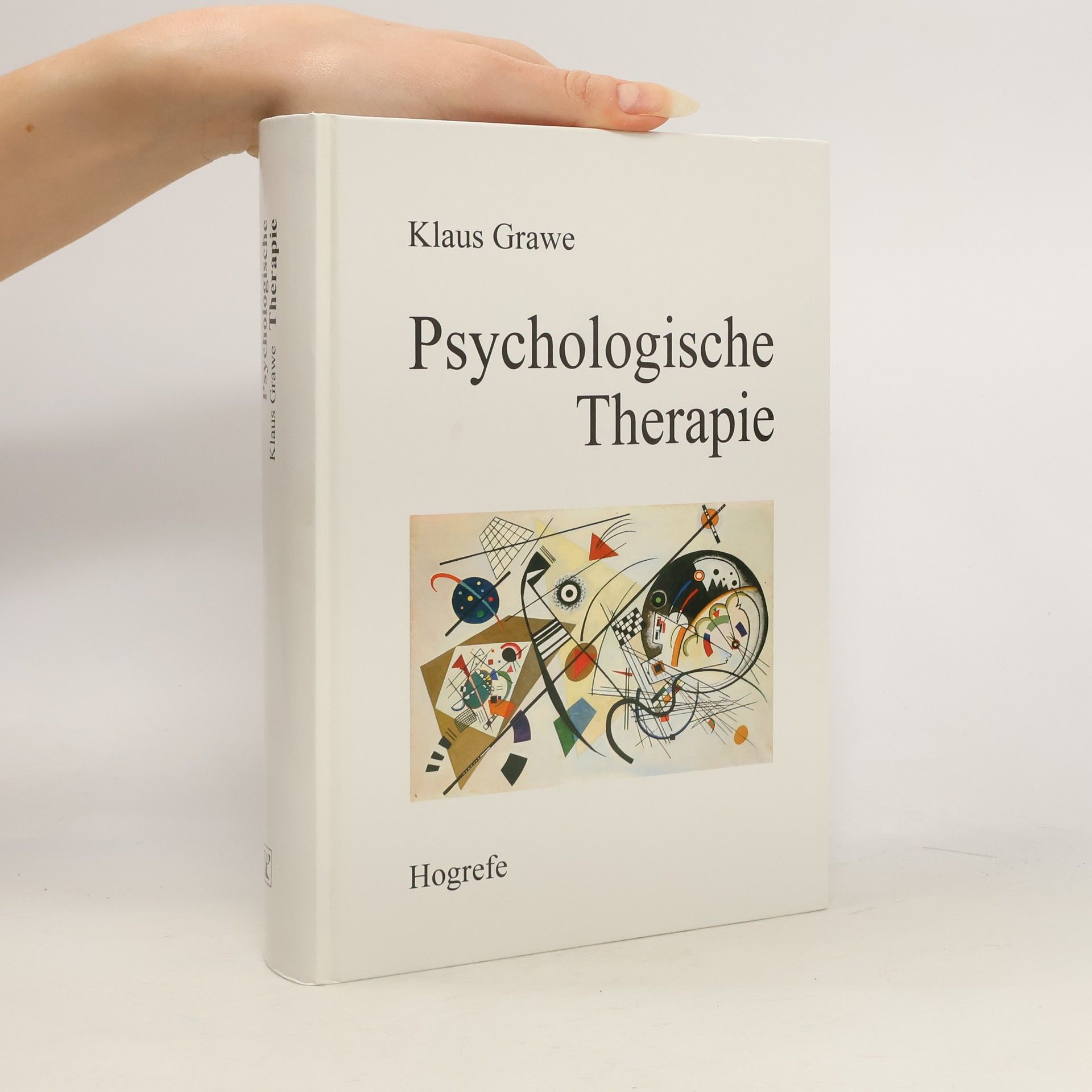Téměř každý měsíc se v Nature, Science nebo v jiném renomovaném vědeckém časopise objeví velmi kvalitní neurovědecké práce s velmi zajímavými objevy. Svou dynamikou a významem pro lidstvo může neurovědám konkurovat snad pouze genetický výzkum. Kniha Neuropsychoterapie shrnuje, co dnes víme o neuronálních strukturách a procesech, které se odehrávají v mozku a ovlivňují naše pocity a způsoby jednání. Snaží se odpovědět například na otázky, jaké jsou neuronální předpoklady psychických nemocí nebo jak je možné, že mozek produkuje psychické poruchy. Zároveň zprostředkovává důsledky neurovědeckých objevů pro psychoterapeutickou praxi s pacienty, kteří těmito poruchami trpí. Neuronální předpoklady psychických poruch sahají dále za onemocnění samé a je třeba s nimi v terapeutické praxi počítat a pracovat. Psychoterapie, která je obeznámena s pokrokem neurověd, pak dokáže psychologickými prostředky měnit nastavení neuronálních struktur, a tím "prorážet" nové cesty k pozitivnímu životnímu náhledu pacientů. Cíle a úkoly informované terapie jsou tak nahlíženy ze zcela nové perspektivy, která ukazuje daleko do budoucna.Kniha je určena studentům medicíny, psychologie, terapeutům, psychiatrům a neurologům.
Klaus Grawe Book order (chronological)





Neuropsychotherapie
- 509 pages
- 18 hours of reading
Was wissen wir über die neuronalen Strukturen und Prozesse, die normalem und gestörtem Erleben und Verhalten zugrunde liegen? Welche neuronalen Grundlagen haben psychische Störungen, und wie entstehen sie im Gehirn? Zudem stellt sich die Frage, wie psychologische Mittel neuronale Strukturen verändern können und welche Mechanismen therapeutische Veränderungen bewirken. Die letzten 15 Jahre haben bedeutende Erkenntnisse über die neuronalen Grundlagen unseres Erlebens und Verhaltens hervorgebracht. Das Buch vermittelt relevante neurowissenschaftliche Erkenntnisse für die Psychotherapie und formuliert Leitlinien für eine neurowissenschaftlich informierte Praxis. Es wird deutlich, dass psychische Störungen nicht isoliert betrachtet werden können; sie sind Reaktionen auf schwerwiegende Verletzungen menschlicher Grundbedürfnisse. Die neuronalen Grundlagen dieser Störungen müssen in die Behandlung einbezogen werden, um optimale Therapieergebnisse zu erzielen. Dies führt zu einem neuen Verständnis der Aufgaben und Möglichkeiten der Psychotherapie. Das Buch richtet sich an Therapeuten, Studierende, Lehrende und Forschende in den Bereichen Klinische Psychologie, Psychotherapie und Psychiatrie und vermittelt das notwendige Know-how für eine professionelle, neurowissenschaftlich fundierte Therapiepraxis.
Psychologische Therapie
- 773 pages
- 28 hours of reading
The original edition of Klaus Grawe's book exploring the basis and need for a more generally valid concept of psychotherapy fueled a lively debate among psychotherapists and psychologists in German-speaking areas. Now available in English, this book will help spread the concepts and the debate among a wider audience. The book is written in dialogue form. A practicing therapist, a research psychologist, and a therapy researcher take part in three dialogues, each of which builds on the results of the previous dialogue. The first dialogue explores how therapeutic change takes place, while the second looks at how the mechanisms of action of psychotherapy can be understood in terms of basic psychological concepts. Finally, in the third dialogue, a psychological theory of psychotherapy is developed. The practical implications of this are clearly shown in the form of case examples, as well as guidance on indications and treatment planning. The dialogue ends with suggestions as to how therapy training and provision of psychotherapy could be improved on the basis of the model of psychotherapy that has been developed.
Psychotherapie im Wandel
Von der Konfession zur Profession
Das viel diskutierte Buch, das nun bereits in fünfter Auflage vorliegt, ist eine Orientierungshilfe für den schwer zu überschauenden Bereich der Psychotherapie. Es liefert ein differenziertes Bild der bisher gesicherten Fakten über die Wirkung, Wirkungsweise und Indikation aller Psychotherapiemethoden. Psychoanalytische Therapien werden ebenso unter die Lupe genommen wie die humanistischen Therapien, das große Gebiet der kognitiv-behavioralen Therapiemethoden ebenso wie Familientherapie, Hypnose, Sexualtherapie ... Den tatsächlichen Nutzen jeder einzelnen psychotherapeutischen Behandlungsmethode zu kennen, ist für all jene von Interesse, denen an einer fundierten Verbesserung der Qualität der psychotherapeutischen Versorgung liegt: Krankenkassen, Gesundheitspolitiker, Patienten, Therapeuten und Ausbilder auf dem Gebiet der Psychotherapie. Die Fakten über die tatsächliche Wirkung der einzelnen Therapieformen legen eine andere Psychotherapie nahe, als wir sie heute haben. Sie weisen in die Richtung einer nicht in Therapieschulen gespaltenen »Allgemeinen Psychotherapie«.